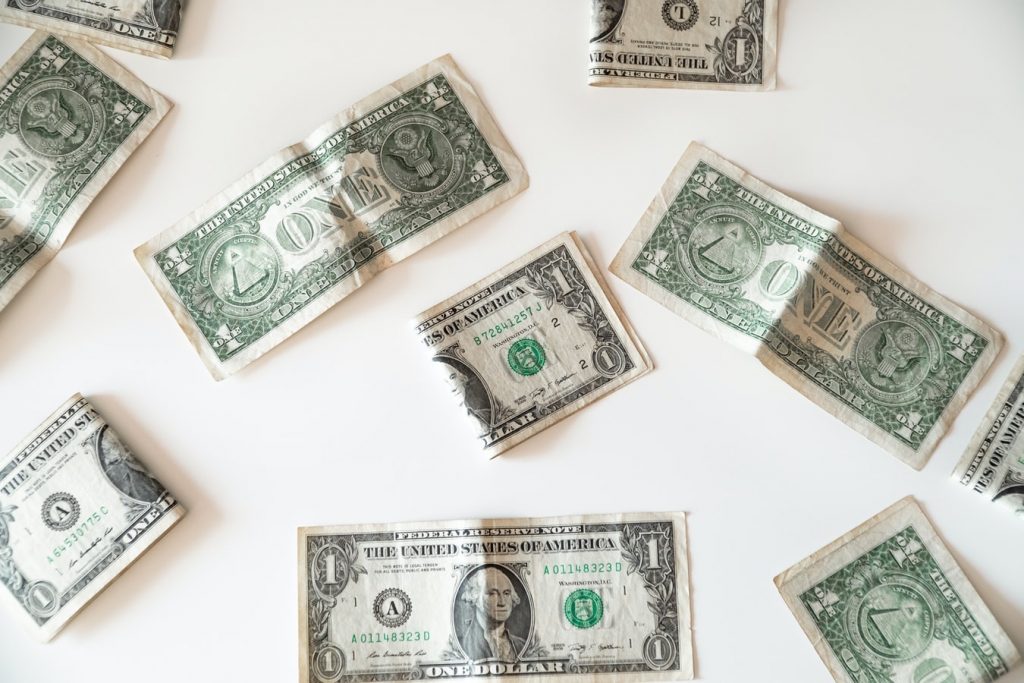“Money often costs too much.” — Ralph Waldo Emerson
Money represents something different for everyone and it can shapeshift into nearly anything: a tool, a feeling, a message, a chance. Hell, people kill for money.
Money is powerful and plays an important role in our lives. It tends to be examined through the lens of opportunity cost, typically seated in scarcity, focusing on what one doesn’t have or what one must give up. Gains are usually measured by a dollar amount made over the financial cost, but rarely makes considerations for time, social or emotional capital expenditures.
Is it fair to say that money ‘costs’ something different to each person based on their individual circumstances, or due to what it affords them? Does money ‘cost’ more depending on its role in the economy? Let’s examine.
Tangible vs intangible
Economists like to discuss the cost of money in relation to interest rates, risk and inflation, but that narrow focus only examines what can be pointed to on a piece of paper. Money has much more value than the numbers we can see and calculate. For many, it represents dignity, choice, opportunity and safety, which can often be difficult to calculate and document.
For example, if a minimum wage employee and Disney CEO Bob Chapek were each handed $1000, the value of that money is vastly different to each of them. For the minimum wage employee, that money likely represents safety (woo rent money!), dignity (I don’t need to ask my family and friends for help!) and a tremendous sense of mental relief among other net positives. Comparatively, Bob Chapek would likely not even notice the extra cash in his wallet.
The value of money changes in different people’s hands.
The disparity of money
Money costs differ based on individual circumstances and what the money is used for. At a time when 80% of Americans were already living paycheck to paycheck before the pandemic, main street is floundering further because only $4 billion of the $600 billion Federal relief from the spring was deployed; severely affecting the value of money. Here’s one way to look at it.
While unemployment is trending worse than during the Great Depression, all that Americans received was a single $1200 check to tide them over during this mayhem; a ‘lifeline’. For those desperately needing the help, that $1200 lifeline is long gone and much more is needed. For these folks, the value of money is extraordinarily high. To those fortunate enough not to need the $1,200 lifeline—but for some odd reason received it anyway—it was a kind of supplemental pay, thereby essentially lowering the value of that particular money.
Lack of options, the true cost money
Money opens doors, providing opportunities and access that can set even a moron up for success. Whereby, the lack of money can stifle the life of a person with tremendous potential. A family with generational wealth can afford to send their kid off to university without incurring debt, and offer them a fun and enriching post-secondary experience that kids working multiple jobs just can’t access.
The cost of money is much more than just a simple interest calculation, it must measure the opportunity cost for someone to obtain it. Sadly, oftentimes people risk their lives and freedom for the sake of obtaining money so that they may afford themselves and their families better options in life. That’s a rather high price to pay for money.
If you’re curious to learn more about leveraging equity crowdfunding to increase your opportunities, check out TruCrowd’s online investment portal
How Equity Crowdfunding Fosters Financial Dignity
Financial Literacy: A Series of Good Habits
Coronavirus has Positioned Crowdfunding to Give Venture Capital a Run for Its Money
Are You A Total Beginner When It Comes To Investing? Here Are 3 Things You Should Know


